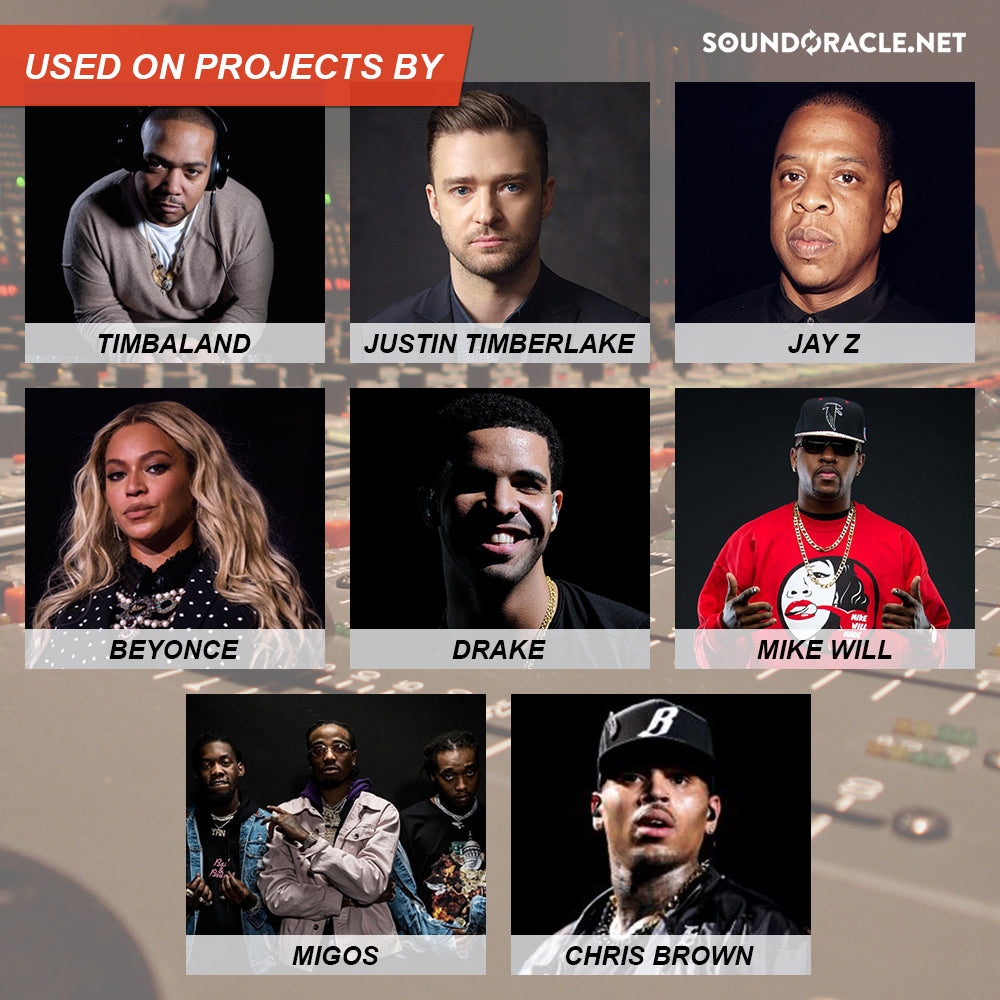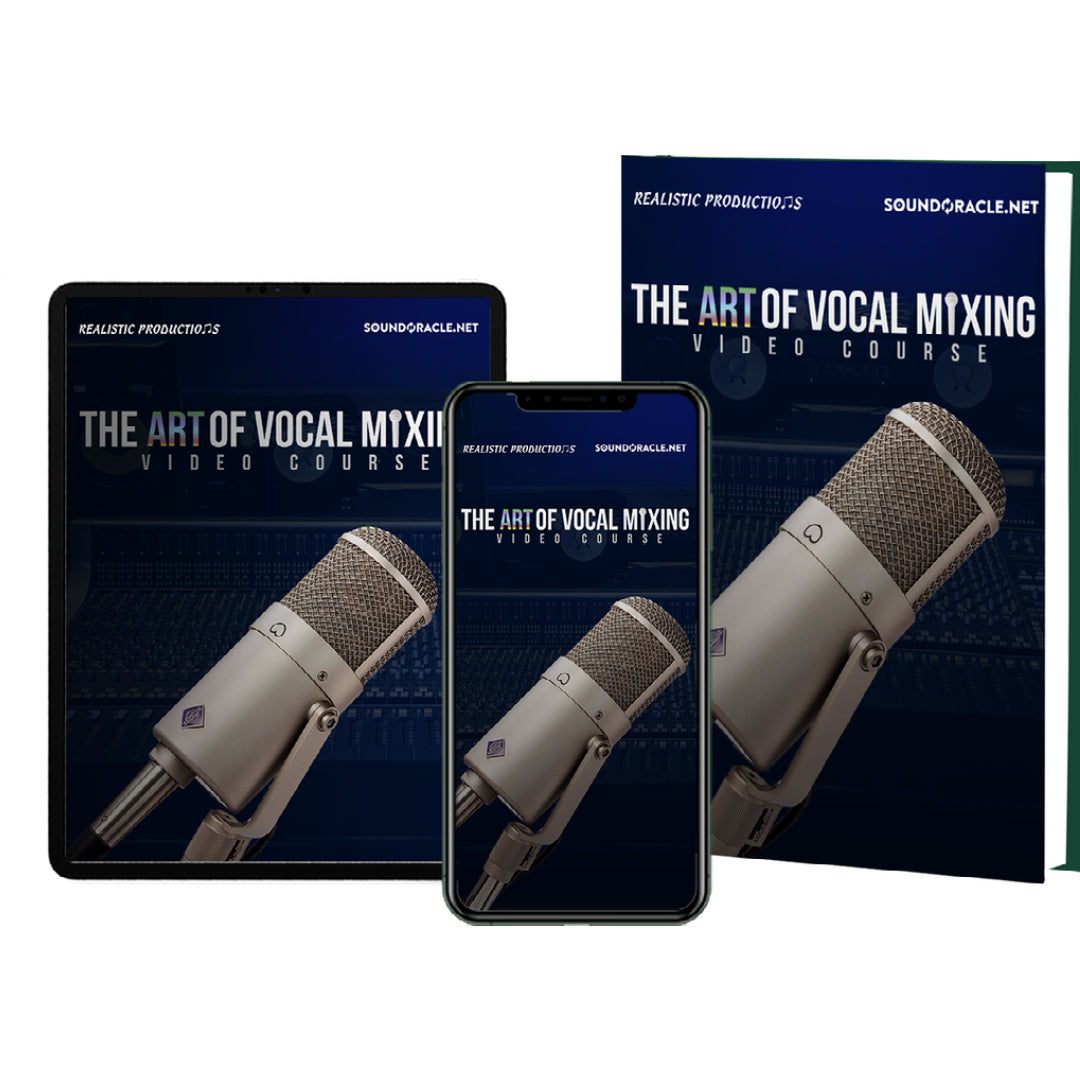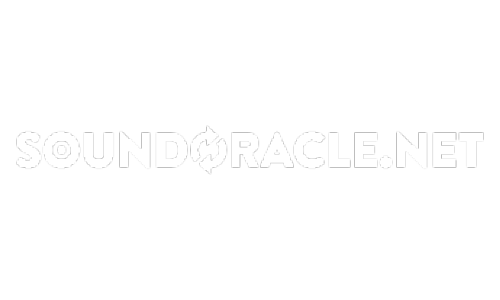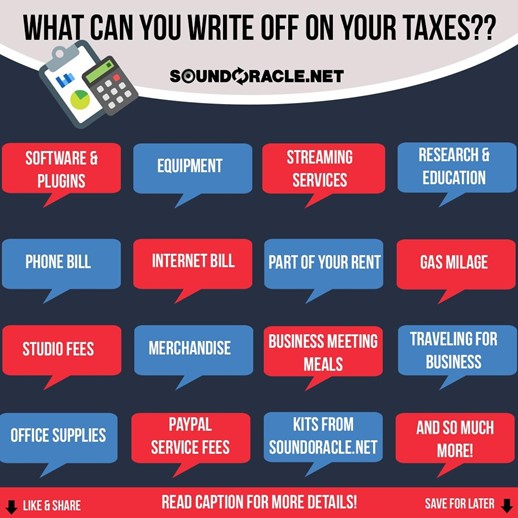
Tax Write-Offs For Producers?
Written By: Eric “Realistic” Michael
If you’re a producer, engineer, artist, or musician, chances are you either have an LLC, planning on starting an LLC, you’re self-employed, planning on becoming self-employed or you’re getting paid for various work-for-hire gigs. Either way, that money you’re receiving usually comes to you without taxes being taken out; however, eventually, you will still owe taxes on that money you’re making. For self-employment & work-for-hire gigs, you should file your taxes quarterly to avoid fees & pay smaller increments a few times a year instead of a large one at the end of the year. The taxes can add up quickly, but there are ways to bring that number down; they’re called write-offs!
So what is a write-off & how does it work? Is it free money that you get back like a 9-5 job does?
Write-offs are things like services, bills, & really any legit items you need to pay for in order to properly run your business.
At the end of each quarter & year, you will have to figure out how much you made for your business & how much you had to spend to run your business.
Usually, you will subtract how much you spent from how much you made & you will owe a percentage of tax of the remaining amount.
What the percentage total comes to is based on your state guidelines & the tax bracket you fall in, but for most of us, it's 15.3%.
It's not free money you will get back exactly though. It doesn't work quite like tax season with a 9-5 job, because oftentimes when doing work-for-hire & self-employment gigs - taxes, SSI, & medicare are not being taken out of the money that is put into your account using the methods you accept payment from. For instance, when you make a beat sale, PayPal doesn’t take out money for SSI, Medicare, state, or federal taxes. Other than the PayPal service fee, you keep all of the money your client sent to you. Same with Venmo, CashApp, etc.
Because of this, you will have to pay taxes directly to the IRS at the end of each quarter. If you were working a 9-5 job, your employer has been handling all of this in the background & you don't have to worry much about it. That's part of the trade-off when working for someone else’s business & brand; you get a certain sense of financial security & everything you owe to the government is taken care of for you for the most part & then you get to collect some of that back at the end of the tax year.
Sometimes when you’re self-employed you may receive cash back though, but that's if you had a bunch of write-offs that exceed how much you made. Be careful though. If you set your write-offs up so the IRS is giving you money back each year, eventually they will audit you. In the beginning, it can be common to have your write-offs exceed the amount you made because you’re investing in equipment & start-up costs for your business. Even though you won’t always get money back & you will usually owe money each quarter, the write-offs you have for your business will drastically help lower what you owe each quarter. You may even find some quarters you owe little to nothing.

Let's do some math using general numbers so you have a visual.
Let's say you made $10,000 one quarter & you owe 15.3% of that to the IRS. Well without the write-offs, you now owe $1,530! That can be a lot to dish out!
Now let's say you made the same income, but you're also able to write off around $6,000 of expenses for that quarter.
Take the amount you made & subtract what you spent from it.
$10,000 - $6,000 = $4,000

You now have $4,000 left that you will owe taxes on, so you would take 15.3% from the number
$4,000.
You would owe $612 instead of $1,530 & that can be a big difference!

So what are some things that you can write off?
Here is a list of some of the things as a producer, engineer, artist, or musician you may be able to write off:
● Software & plugins (your DAW, VSTs, editing software, PhotoShop, Final Cut Pro, etc)
● Hardware & Equipment (computer, drum machine, MIDI controller, guitar, violin, speakers, interface, etc)
● Streaming Services (Apple Music, Spotify, etc)
● Research & Educational tools (coursework, online classes, books on techniques)
● Phone Bill
● Internet Bill
● Electric Bill
● Part Of Your Rent
● Gas Mileage (to & from the studio or performance gigs)
● In 2020, you can write off $0.58 per mile travelled
● Studio Fees (the cost to rent out the studio per hour or per month)
● Merchandise (materials such as T-shirts or stickers you’re selling with your brand on it)
● Business meeting meals (you can write off up to 50% for a meal if it’s for a business meeting)
● Travelling For Business (plane tickets, hotel, & rental car for trips like networking events, performances, touring, or out-of-state studio sessions.)
● Office Supplies (pens, paper, light bulbs, cleaning supplies, etc)
● PayPal Service Fees (or stripe, Shopify, etc.)
● Kits From SoundOracle.net (yes, even sample & loop packs can be write-offs!)
You may be wondering how much you can write off of your internet bill, the electric bill, & rent. There are two methods the IRS allows: the simplified method & the standard method. You’ll have to determine how much square footage your home studio or home office is. The simplified standard deduction the IRS allows is $5 per square foot of home used for business with the maximum being 300 square feet. So if your home studio is 100 square feet, you can write off $500 per year. The problem with this one is you’re not writing off utility bills; however, if you’re in a pinch or don’t have time to figure out the standard method, this will be a fast way to write it off. You don’t have to use the same method every year either in case you don’t have time this year, but you will be able to find the time next year.
The standard method is a little more complex & takes a little bit more time. When using the standard method instead you will have to determine the actual expenses of your home studio or office. These expenses may include mortgage interest, rent, insurance, utilities, repairs, and depreciation.
Generally, when using the standard method, deductions for a home office are based on the percentage of your home devoted to business use. So, if you use a whole room or part of a room for conducting your business, you need to figure out the percentage of your home devoted to your business activities. To do this you will have to figure out what the square footage of your house is & what the square footage of your studio or office is.
For example, if your house is 1,000 square feet & your studio is 100 square feet you would take 100 square feet divided by 1,000 square & which will give you 10%. You will be able to write off 10% of your rent or mortgage as well as 10% of your utility bills.

So if your rent each month is $800, you’ll be able to write off $80 for your studio. If your electric bill is $100, you will be able to write off $10 of it for your studio.
When doing your write-offs, be sure to keep records of everything you plan to write off. You will want to keep all of your receipts & invoices.
We suggest using PDF scanner apps on your phone to take pictures of your receipts & upload them to cloud storage, so you have links. For online purchases, save all your receipts to your computer in a folder.
A spreadsheet is a great way to log all your expenses. It will allow you to organize everything & calculate everything that you type in.
We made a special free template just for you that you can use in Microsoft Excel or Google Sheets.
Just click here to download it!
One last pro tip is to upload all your receipts to a storage service like DropBox or Google Drive. This will give links to all your receipts. Now that you have links to each one, you can hyperlink each item in your write off spreadsheet so you have easy access to each receipt right on your spreadsheet as you’re logging things in.

DESIGNERS
SoundOracle - Owner
SoundOracle (Chief Sound Designer for Timbaland, whose sounds have been heard in over 20 Grammy award-winning songs by artists like Drake, Jay Z, Beyoncé, Justin Timberlake, Chris Brown, and more)
Connect with Oracle:
Instagram: SoundOracle
Twitter: SoundOracle
Youtube: SoundOracle
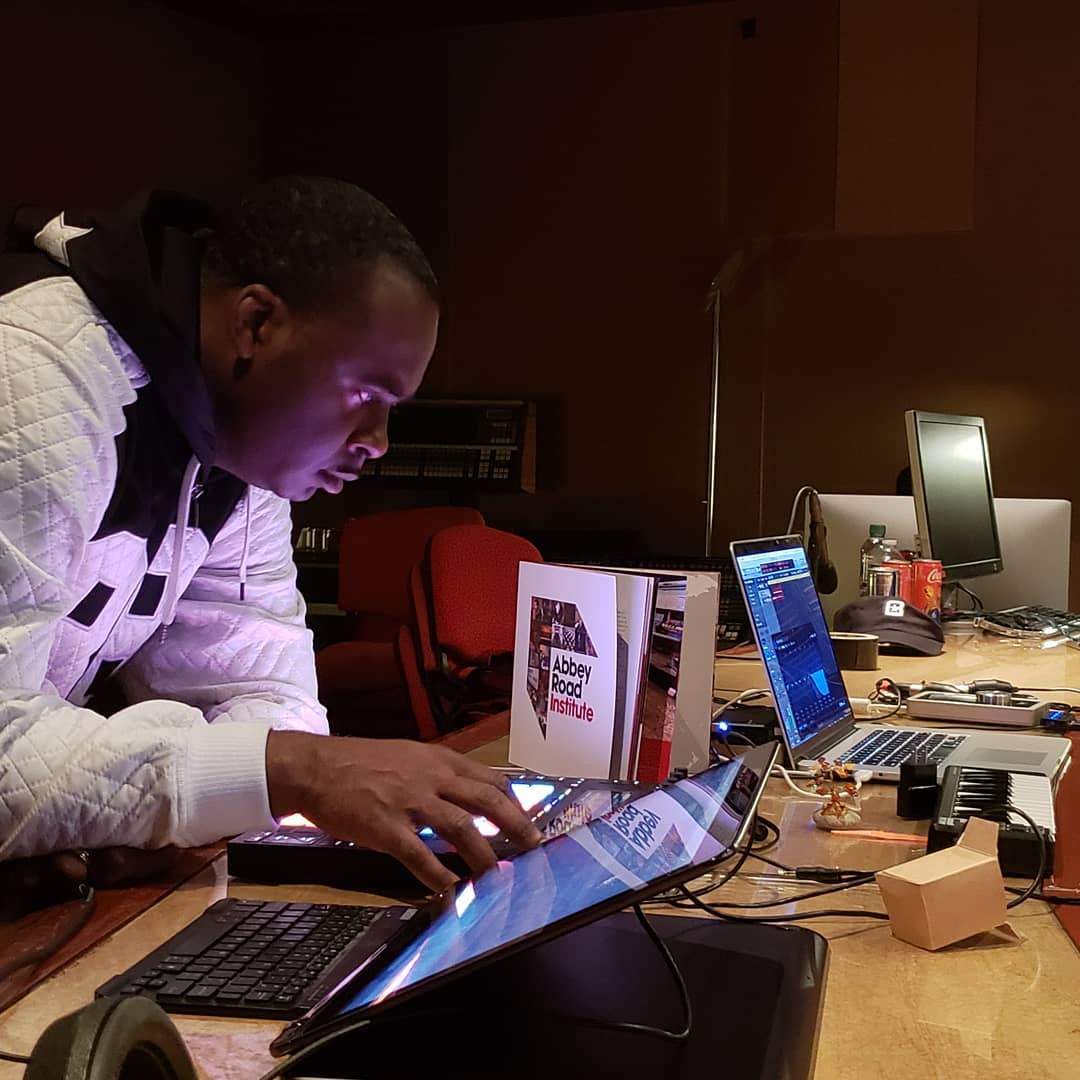
Realistic Production - Engineer
Realistic is a Producer/Engineer located in Atlanta, GA specializing in Hip-Hop, R&B & Pop music. Realistic has been involved in the music industry for over 15 years. He has worked on projects for Rick Ross, Future, Wale, Tory Lanez, Conway The Machine, The Game, Talib Kweli, Just Blaze, Musiq Soulchild, Pharoahe Monch, NBA 2k, DC Films, Skyzoo, BJ The Chicago Kid, Madlib, Ayo-N-Keyz, Billboard Hitmakers, Atmosphere, Brother Ali, Rhymesayers, Hamburger Helper, & LoveOfPharaoh.
CONNECT WITH REALISTIC
Website: www.realisticproductions.net
IG: @RealisticProductions
Twitter: @Realistic_Pro
FB: @RealisticProductionsLLC
Apple Music, Spotify, SoundCloud, etc. - https://fanlink.to/bwW5

COURSES
Courses from soundoracle.net give music producers the resources, information, and techniques they need to take their music careers to the next level. It doesn't matter if you're genres are hip hop, R&B, pop, trap, or boom-bap our courses have you covered.
PIANO FOR PRODUCERS
Everything You Need to Know About Hip Hop and Trap Music Theory, the Formulas To Hit Records, and How to Create Them Instantly
It is NOT another boring course on piano fundamentals & long winded theory talk.
It is NOT about just about teaching you scales and chord progressions - yet you will learn about these things, but on a deeper level than you could have ever imagined and your beats and songs will sound BETTER than they've ever sounded before.
It is NOT a course set up to have you just clone chords and melodies that someone else has done to make hit records. This course will give you the fundamentals and an understanding of how to quickly and easily create hit records yourself.
What’s included:
🎹 Over 55 videos of modern piano techniques
🎹 Over 6 hours of content
🎹 PDF guides to follow along
🎹 Chord & Scale cheat sheets
🎹 Techniques about trap melodies, bass lines, & modern chord progressions.
🎹 In-depth lessons from a renowned instructor with a full master degree in piano composition
🎹 Videos discussing & teaching the styles & musicality commonly used in Modern Hip-Hop, R&B, & Trap Music
🎹Original piano loops composed by Lokii The Composer himself
THE ART OF MASTERING
Everything You Need To Know In Order To Perfectly Master Records With Any DAW And The Plugins You Already Have
It is NOT just another mastering course that uses vague information that wastes your time and money.
It is NOT about just balancing the volume levels - yet this will happen as a result of using these secrets
and your beats and songs will sound BETTER than they've ever sounded before.
It is NOT just about showing you what settings to dial in - every project and every song is different. This course will easily explain the knowledge you need to know what to "dial in" in any situation.
What's Included...
Over 9 Hours Of Expert Techniques
Get years of experience & hundreds of thousands of dollars of education all packed into this professional, affordable course.
Mastering Cheat Sheets In PDF Form
These guides will come in clutch when you need to reference information quickly or are in a pinch when you’re not able to watch a video.
Easy To Understand, Concise Layout
Not only is the information easy to understand, the chapters are laid out in concise bite size format for quick reference to a specific technique whenever you need it.
THE ART OF BEAT MIXING
Our new online video course dropped last week & since then we have been flooded with orders!
The Art Of Beat Mixing is filled with industry mixing secretes like the simple drum summing technique that can get your kicks and snares to smack 10x BETTER INSTANTLY. SoundOracle used this summing technique on the Nicki Minaj & Mario song "Somebody Else". It works so well that the track didn't even need a baseline or an 808. The drums were that powerful!
The Art Of Beat Mixing is a full length video course with over 5 hours of content provided by a professional certified engineer! With 15 chapters packed into this course, each video gives you detailed visual guides on mixing your beats from start to finish.
What's included?
- Over 5 hours of expert techniques
- Mixing cheat sheets in PDF form
- An easy to understand, concise layout
- Small, digestible chapters with quick access to the info you need
- Everything you need to know to mix your beats professionally
THE ART OF VOCAL MIXING
Producers, beat makers, engineers, & artists - the perfect video course for guaranteeing your vocals have amazing professional quality is finally here!
Gone will be the days of your vocal mixes being cursed by muddiness, clipping, & lack of clarity.
The Art Of Vocal Mixing is a full length video course with over 14 hours of content provided by a professional certified engineer! With 20 chapters packed into this course, each video gives you detailed visual guides on mixing your vocals from start to finish.
You’ll learn how to achieve incredible vocal mixes with brilliantly designed short, easy to understand videos breaking down the entire process of mixing vocals professionally. Each stage of the mixing process has its own video making it easy to find the information you want to know, when you want it.
What's included?
- Over 150 high quality tutorial videos
- Over 14 hours of expert techniques
- Useful mixing guides in PDF form
- An easy to understand, concise layout
- A beautifully designed interface
- Small, digestible chapters with quick access to the info you need
- Everything you need to know to mix your vocals professionally
- A bonus sound kit made by SoundOracle himself!

